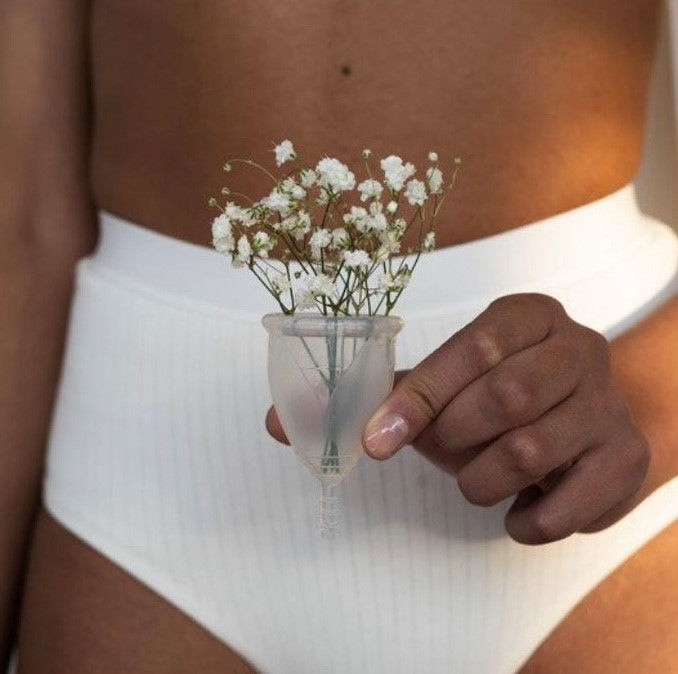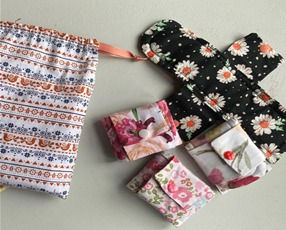5 things you need to know about Period Poverty
- thepachamamaprojec
- Mar 4, 2021
- 3 min read

5 things you
need to
know
about
Period Poverty
Hanako Peace 22.02.21
1. What is Period Poverty?
Period poverty is the lack of sanitary products, education, facilities, for women on their period. Many women do not have enough money to buy period products nor adequate bathrooms to allow them to live their normal life whilst menstruating. The stigma surrounding menstruation can limit women and girls from access to period products and causes them to be afraid of asking for help. However, period poverty is not only an issue that affects women and girls on the other side of the globe but is a problem in the UK. Surveys have shown that in the UK 1 in 7 girls struggle to afford period products. Considering that more than 800 million people menstruate daily, why is this not more of an issue?
2. Period Poverty Affects Education
Period poverty has many devastating effects in the lives of young girls and women. UNICEF has estimated that 1 in 10 girls in Africa miss school every year due to their period. It has been estimated that in India 1 in 5 girls leaves school after getting their period. In the UK, girls were receiving period products from their schools but since schools have shut due to CoronaVirus, this has caused increased need and urgency in the crisis. In refugee camps and host countries girls are overall less likely to receive education in favour of male siblings as refugees cannot always afford schooling. For people in these difficult situations period products are not a top priority. Education for young girls and women is treated as an option and is allowed to suffer because of an
inhumane lack of facilities and products to help cope with menstruation.
3. Period Poverty has Long Term Effects
Say a girl gets her period when she is 12 and goes through menopause at the average age of 52, assuming she has not been pregnant, this would mean she would have had over 480 periods in her lifetime. This means thousands of period products and the need for them is constant. This kind of necessity causes many women around the world a lot of anxiety surrounding something that they cannot control and is a natural part of being female. Additionally, girls missing out on or leaving education is very detrimental to their futures. School is needed to provide opportunity, empowerment, and routine in the lives of young women. It is also proven that uneducated girls are more likely to be victims of exploitation such as becoming child brides. If you want to find out how much time you would miss out on if you experienced period poverty, you can use the CNN calculator.

4. What is Being Done?
Charities such as ActionAid, organisations like UNICEF, and The Pachamama Project are working to help relieve period poverty. ActionAid teaches women and girls how to make their own period products and how to use them safely. They also go into schools and educate young women on menstruation to help them understand and deal with their period. UNICEF does important investigative research into the need of period products and the statistical data surrounding period poverty. The Pachamama Project targets women in refugee camps who have been displaced and who cannot obtain period products. The reusable pads are made by volunteers mostly in the UK and sent to refugee women.
5. What Can You Do?

There are many ways that we can help end period poverty. Firstly, and most easily, we can open up a discussion about periods and to stop the taboos and stigmas surrounding menstruation. Secondly, by donating to organisations such as ActionAid or The Pachamama Project you are helping women to receive educational and material necessities for their period. The Pachamama Project also takes donations of reusable period pads. These
are super easy to make and anyone with a sewing machine can make them! They are also collecting small bags to put the Pacha Pads in, which can be hand sewn if you do not have a machine. To find out more information about how to donate and contribute to The Pachamama Project please visit our Facebook page or send us an email at: thepachamamaproject@outlook.com






Comments